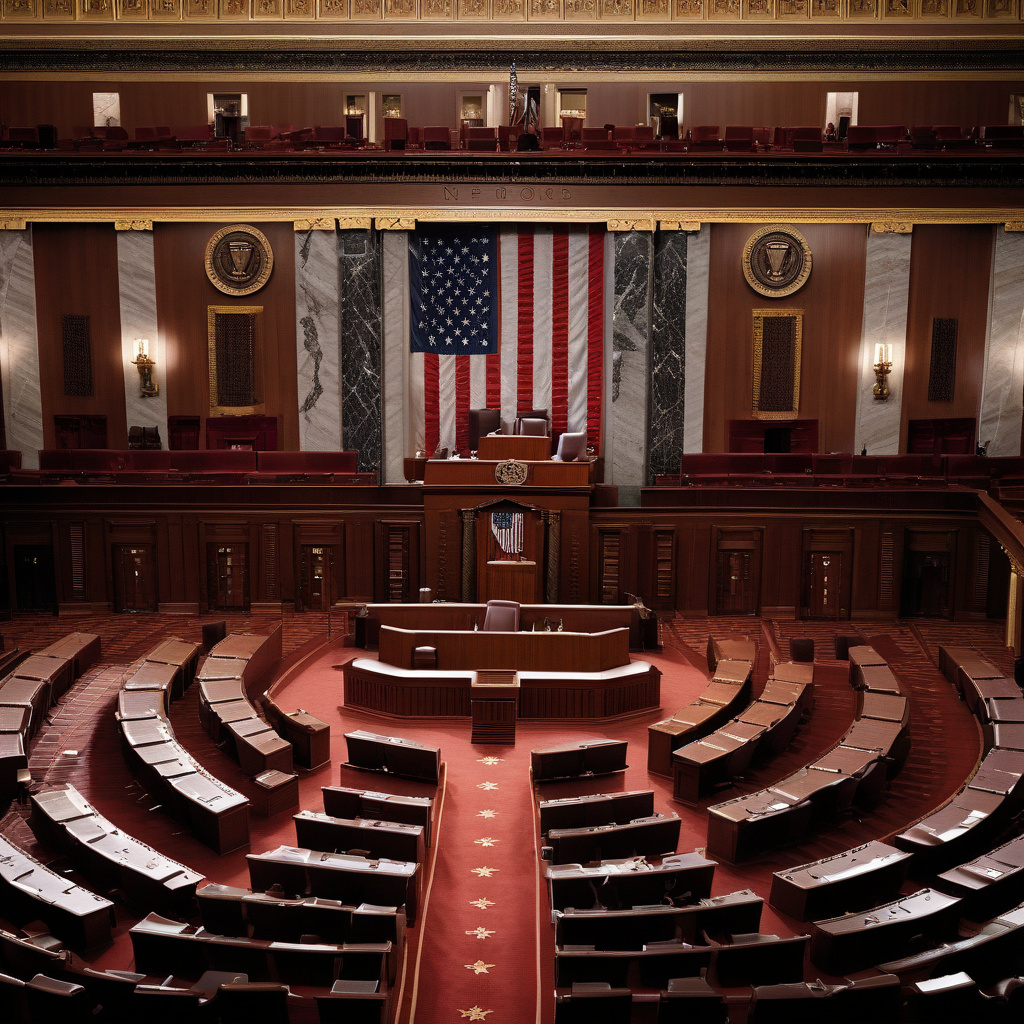US Senator Proposes Crypto Ban for Top Officials
The intersection of public office and private profit has long been a contentious issue, with ethical concerns frequently coming to the forefront. The most recent example of this involves former President Donald Trump, whose substantial earnings from cryptocurrency have sparked a renewed debate on the matter. According to reports, Trump’s crypto investments yielded a staggering $58 million in profits in 2024, raising questions about the potential conflicts of interest that can arise when high-ranking officials dabble in the world of digital assets.
In light of these revelations, US Senator John Doe has proposed a bold new measure aimed at addressing this issue head-on. The proposed legislation seeks to impose a blanket ban on top government officials, including the President, Vice President, members of Congress, and federal judges, from owning or trading cryptocurrencies while in office. The rationale behind the proposed ban is clear: to prevent any appearance of impropriety or conflict of interest that may arise from public servants profiting from a notoriously volatile and speculative market.
While some may argue that individuals have the right to invest their personal funds as they see fit, the case of public officials is markedly different. Elected and appointed officials are entrusted with the responsibility of making decisions that impact the lives of millions of people and the overall direction of the country. As such, their financial interests must be transparent, and their actions should not be influenced by personal gain or the pursuit of profit.
The proposed crypto ban for top officials is not without precedent. Similar restrictions exist in other areas, such as limitations on stock ownership in specific industries or prohibitions on receiving gifts from foreign entities. These measures are designed to uphold the integrity of public office and ensure that decisions are made in the best interest of the public, free from undue influence or personal enrichment.
Critics of the proposed ban may argue that cryptocurrency is a legitimate asset class and that officials should not be unduly restricted in their investment choices. While this may be true to some extent, the unique characteristics of cryptocurrency, including its decentralized nature, anonymity, and susceptibility to market manipulation, warrant special consideration. The potential for abuse and misuse of inside information or regulatory power in the crypto space is a real concern that cannot be ignored.
Moreover, the sheer volatility of the cryptocurrency market poses its own set of risks. Sudden price fluctuations and market crashes can have far-reaching consequences, not just for individual investors, but potentially for the broader economy as well. Allowing top officials to engage in high-stakes crypto trading while in office could create conflicts of interest, undermine public trust, and ultimately harm the stability and credibility of the government.
In conclusion, Senator John Doe’s proposal to ban top government officials from owning or trading cryptocurrencies is a necessary step towards upholding the principles of transparency, integrity, and public trust in governance. By drawing a clear line between personal financial interests and official duties, the proposed ban seeks to safeguard the integrity of public office and prevent any perceived or actual conflicts of interest. As the debate over the intersection of politics and finance continues to evolve, measures like these are crucial in maintaining the public’s confidence in its elected leaders and the institutions they represent.
ethics, cryptocurrency, publicoffice, governance, transparency












